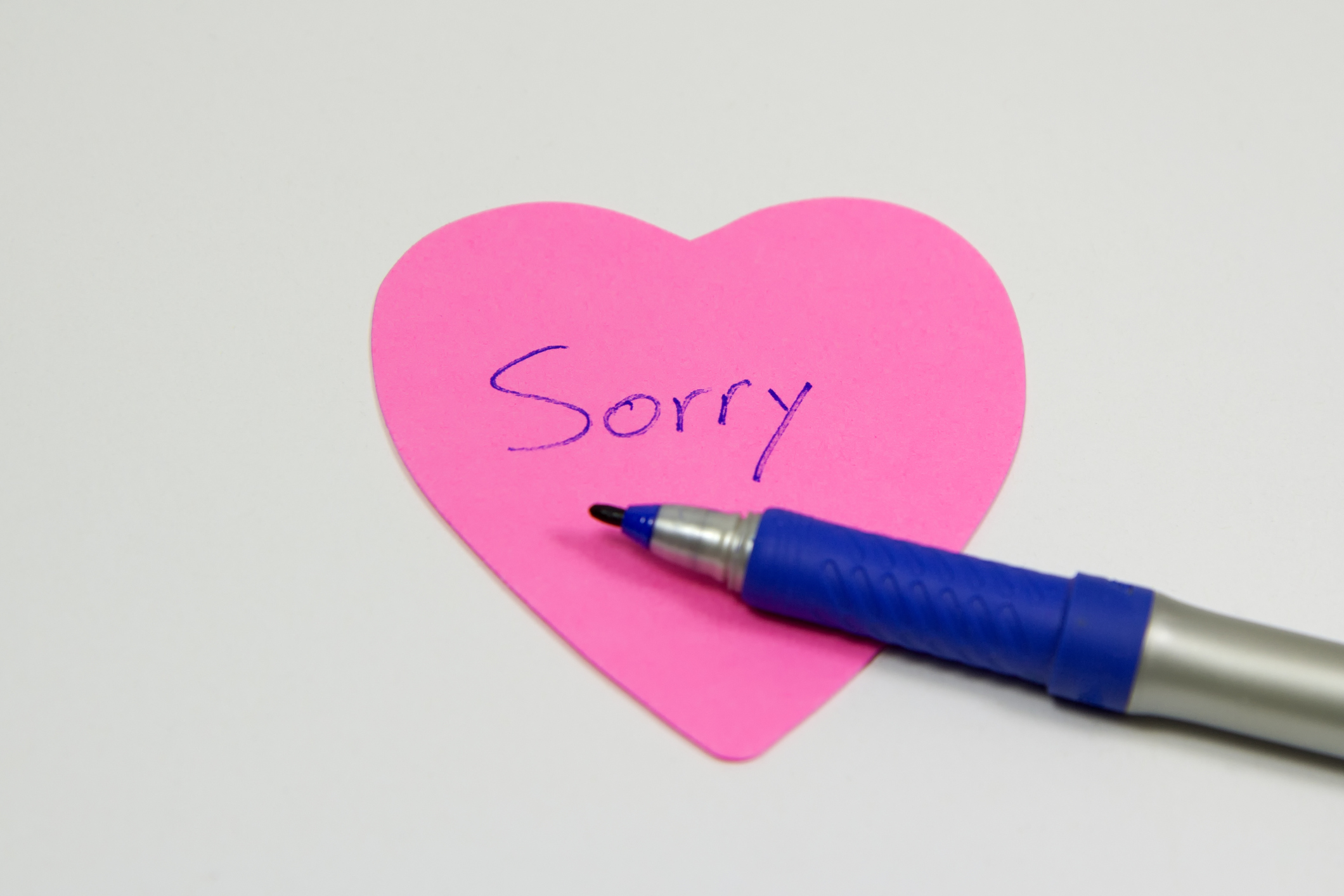I’m a huge believer in the power of empathy–the ability to put yourself in another person’s shoes, to see and feel from another person’s perspective. It’s an essential component of emotional intelligence, one that fuels the connection between you and others.
But while empathy can vastly improve the quality of your relationships, it can also prove dangerous when taken too far.
For example, it’s possible to demonstrate empathy to an extreme degree, even to the point that it harms you and others. In scientific literature, this is commonly referred to as “borderline empathy” or “hyper-empathy,” and it is related to borderline personality disorder (BPD).
A 2014 article summarizing much of the current research put it this way:
“Some individuals with BPD appear to possess an uncanny sensitivity to other people’s subconscious mental content and states, despite their inability to coherently integrate such information into stable concepts of self and other that are fundamental to healthy interpersonal functioning.”
In other words, these individuals demonstrate an abnormal degree of empathy; however, they often lack the ability to regulate that empathy and it leads to unhealthy habits and relationships.
Of course, you don’t have to suffer from a personality disorder to be harmed by empathy. Many fall victim to what has been described as an “empathy trap”–when the ability to share the feelings of others leads to physical and psychological exhaustion.
For example, research shows that nurses who work with terminally ill patients are at an especially high risk of developing compassion fatigue, defined as “a combination of physical, emotional, and spiritual depletion associated with caring for patients in significant emotional pain and physical distress.” Caregivers often pay more attention to patients’ needs than to their own, which essentially puts them on a path to burnout.
And there are much easier ways to fall into the empathy trap.
The Pew Research Center analyzed a series of studies and found that in certain cases, the use of social media led to higher levels of stress. Why? Essentially, because users become more aware of the struggles of persons in their network.
The problem isn’t simply learning about negative events in the lives of others. Rather, it’s that the rise in digital technology allows individuals to learn about these things much more quickly, and in closer succession to one another.
In other words, if you aren’t careful, constant exposure to the problems of others could lead to higher stress, emotional exhaustion, and a host of other health issues.
Emotionally intelligent empathy
Clearly, as useful as empathy can be to relationship-building, it’s clearly harmful in certain contexts.
In my new book, EQ Applied, I outline how to develop emotionally intelligent empathy–the ability to make empathy work for you, instead of against you. The key is to find the proper balance.
Here are some practical tips that can help:
1. At work.
If your job requires you to remain “on” for long periods of time, it’s easy to reach emotional exhaustion. To avoid that outcome, you may decide to take shorter but more frequent breaks to allow yourself to recharge.
Or, you may work together with your employer or colleagues to reallocate certain tasks or duties (or at least when those tasks and duties are performed), leading to a more balanced workday for everyone.
2. At home.
Let’s say your spouse comes home after a bad day at work. But you had a horrible day, too. You feel in no shape to offer comfort or empathy; in fact, you’re craving it yourself.
In this situation, you might say something like: “I’m so sorry to hear you had a tough day; mine was really bad, too. Can we just take some time to relax (or exercise, or enjoy a meal together)? Maybe later we can go for a walk and talk about it all.”
This type of response clearly states your own needs while kindly addressing the needs of your partner. And while it only takes a few seconds to say, it can greatly affect how the next few hours, or even days, play out.
3. At play.
Start tracking how much time you’re spending on social media. Also, take an honest self-assessment of how you feel once you finish. Do you find that your social media use drains you emotionally?
If so, decide on a limit for how long you’re going to spend on your device. Set an alarm and plan something for when your time is up so that you’re motivated to shut it off.
Remember that empathy can help you build stronger relationships with others–but only if you’re not burning yourself out in the process.
If you’ve ever been on an airplane, you know the rule: secure your own oxygen mask before attempting to help others. Otherwise, you won’t be helping very much…or for very long. Similarly, if you understand your own emotions and needs first, and take action to support those needs, you’ll be in a much better position to help others.
Follow us on Facebook for all the latest news on how you can keep Thriving.
More from Thrive Global:
8 Things You Should Do After 8 P.M. If You Want to Be Happy and Successful
The One Relationship You’re Probably Ignoring
The One Word That Can Hurt Your Reputation at Work
Originally published Inc.com.


